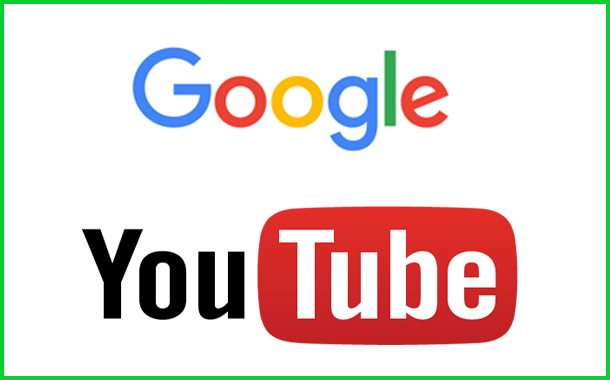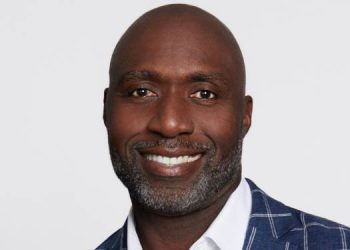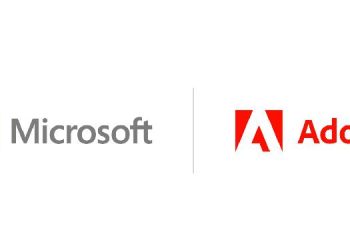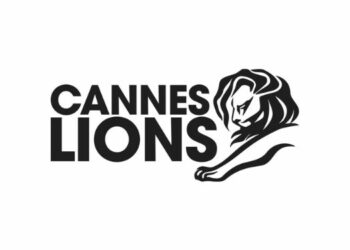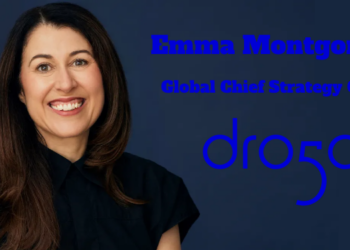Google, as part of its commitment to provide even more transparency and visibility to advertising partners, will now be working with trusted vendors to provide third party brand safety reporting on YouTube.
Philipp Schindler, chief business officer, Google said despite the recent drama, “many advertisers never left and many have decided to come back.” Google added that it is now working with companies that are MRC-accredited for ad verification and will begin integrating these technologies shortly.
“While [advertisers] know that no system can be perfect, they appreciate the actions we’ve taken and know we are taking this seriously and are committed to getting better and better,” Schindler said. He added that when Google spoke to its top brand advertisers, it was clear that the videos they had flagged received less than 1/1000th of a percent of the advertisers’ total impressions.
“Of course, when we find that ads mistakenly ran against content that doesn’t comply with our policies, we immediately remove those ads,” he added. While Google could not comment on individual cases, it said it has begun an extensive review of advertising policies and made a public commitment to put in place changes that give brands more control over where their ads appear.
While we recognise that no system will be 100% perfect, we believe these major steps will further safeguard our advertisers’ brands and we are committed to being vigilant and continuing to improve over time.
This announcement comes on the back of Google putting up a blog post apologising for the conundrum. In the post, it added that it has begun ramping up changes around three areas: Ad policies, Enforcement of these policies and new controls for advertisers.
Google also promised to take a tougher stance on hateful, offensive and derogatory content. This includes removing ads more effectively from content that is attacking or harassing people based on their race, religion, gender or similar categories. The YouTube team is also taking a hard look at its existing community guidelines to determine what content is allowed on the platform—not just what content can be monetised.
While Google already offers some controls for advertisers that respond to these needs, in the coming days and months, it will be introducing new tools for advertisers to more easily and consistently manage where their ads appear across YouTube and the web. These include:
Safer default for brands: It is now changing its default settings for ads so that they show on content that meets a higher level of brand safety and excludes potentially objectionable content that advertisers may prefer not to advertise against. Brands can opt in to advertise on broader types of content if they choose.
Simplified management of exclusions: The company will also introduce new account-level controls to make it easier for advertisers to exclude specific sites and channels from all of their AdWords for Video and Google Display Network campaigns, and manage brand safety settings across all their campaigns with a push of a button.
More fine-tuned controls: In addition, Google is also introducing new controls to make it easier for brands to exclude higher risk content and fine-tune where they want their ads to appear.
“We’ll offer advertisers and agencies more transparency and visibility on where their ads are running, and in the coming months we’ll expand availability of video-level reporting to all advertisers,” said Schindler.
He added that the team will also be hiring significant numbers of people and developing new tools powered by latest advancements in AI and machine learning to increase our capacity to review questionable content for advertising.

